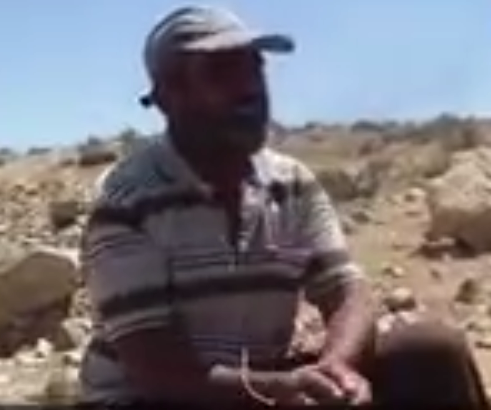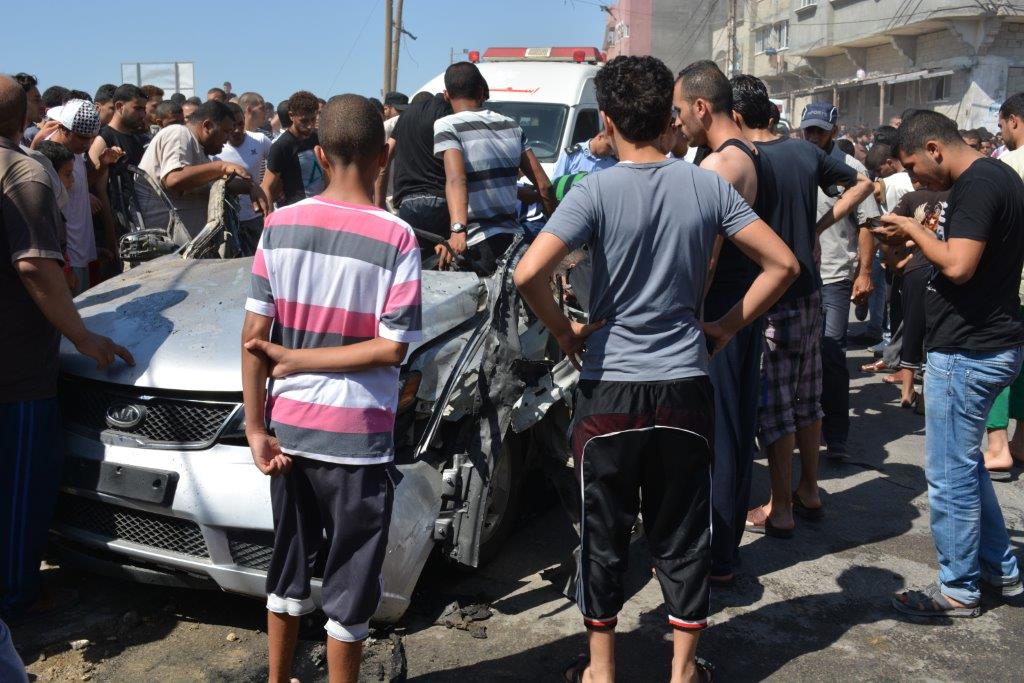-

Interview with 15-year-old Awne Shamsiyeh: “the camera is like a weapon, so I can resist non-violently”
29th June 2014 | International Solidarity Movement, Khalil Team | Tel Rumeida, Occupied Palestine In Al-Khalil (Hebron) in the Tel Rumeida area, 15-year old Awne Shamsiyeh lives with his family. After the Hebron Agreement (1997), the city was divided into two areas, H1 (supposedly under full Palestinian Authority civil and security control) and H2, (under full Israeli military civil […]
-

VIDEO: Palestinian shepherd detained by Israeli soldiers
29th June 2014 | Operation Dove | Saddith Thala, Occupied Palestine On June 27th, Israeli soldiers detained a Palestinian shepherd from the South Hebron Hills village of Saddith Thala. He was accused of throwing stones towards a setter’s car, passing on the Bypass road 317. He was released, as there was no evidence to support the charges. A […]
Action Alert An Nabi Saleh Apartheid Wall Arrests BDS Bethlehem Bil'in Cast Lead Demonstration Denial of Entry Ethnic Cleansing Farmers Gaza Global Actions Hebron House Demolition International law Israeli Army Jerusalem Live Ammunition Nablus Ni'lin Prisoner Ramallah Rubber-coated steel bullets Settlement Settlers Settler violence Tear-Gas Canister Video

